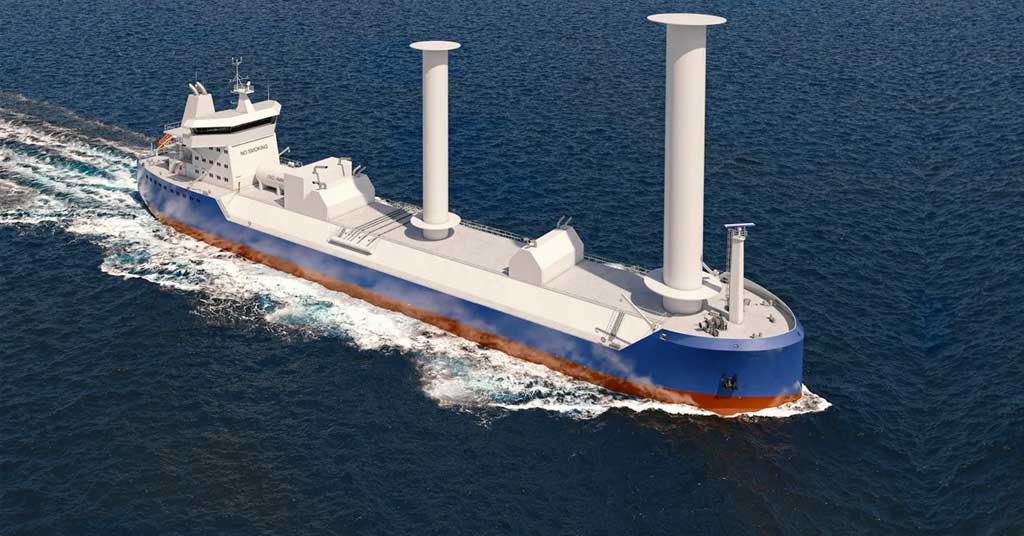Welcome To ChemAnalyst

The American Bureau of Shipping (ABS) has taken a pioneering step in the maritime industry by unveiling its groundbreaking requirements tailored specifically for liquefied carbon dioxide (CO2) carriers. This development not only holds significance for the shipping sector but also bears considerable importance in the emerging domain of carbon capture and storage (CCS).
The recently published "Requirements for Liquefied Carbon Dioxide Carriers" by ABS is a comprehensive set of standards focusing on the design, construction, and classification of vessels intended for transporting liquefied CO2 (LCO2) as cargo. This initiative signifies a crucial milestone, underscoring the industry's response to the escalating global efforts to capture and store CO2 emissions.
As nations across the globe intensify their endeavors to address climate change, the demand for transporting substantial volumes of greenhouse gases, particularly CO2, is on the rise. The critical aspect of this equation involves countries lacking the geological conditions necessary for on-site storage of their emissions. Liquefied CO2 carriers emerge as a vital solution to facilitate the shipment and storage of captured emissions to suitable locations.
The newly established requirements serve as a guide for the industry, offering valuable insights to address the unique challenges associated with the transportation of liquefied CO2. The primary objectives are to ensure the safety of the crew, protect the integrity of the vessel, and minimize environmental risks. ABS, with its extensive experience and standing in the maritime sector, aims to contribute actively to the secure and efficient transport of CO2, aligning with the broader objectives of environmental sustainability and climate action.
The maritime industry, historically known for its role in global trade and transportation, is now adapting to meet the evolving demands of sustainability. The ABS initiative reflects the industry's commitment to providing solutions that align with emerging environmental priorities. Liquefied CO2 carriers, as outlined in these requirements, become instrumental in facilitating the logistical aspects of carbon capture and storage, thereby contributing to the broader objectives of reducing greenhouse gas emissions.
ABS's publication of requirements for liquefied CO2 carriers represents a groundbreaking move in the maritime sector, signalling a proactive response to the growing challenges associated with carbon capture and storage. The industry's commitment to developing standards for the safe and efficient transportation of CO2 underscores its role as a key player in advancing sustainable practices. As nations intensify their efforts to combat climate change, initiatives like these pave the way for innovative solutions that address the complex interplay between emissions reduction, transportation, and storage. ABS's leadership in this realm reflects a commitment to driving positive change in the maritime industry and contributing to global sustainability goals.
We use cookies to deliver the best possible experience on our website. To learn more, visit our Privacy Policy. By continuing to use this site or by closing this box, you consent to our use of cookies. More info.
